Is It Dangerous to Name Your Robot Colleague?

Posted on Jun 27, 2019 11:02 AM. 5 min read time
We love to give names to technology, don't we? Teams often name their robot co-workers. But, watch out! It looks like naming your robot might be dangerous…
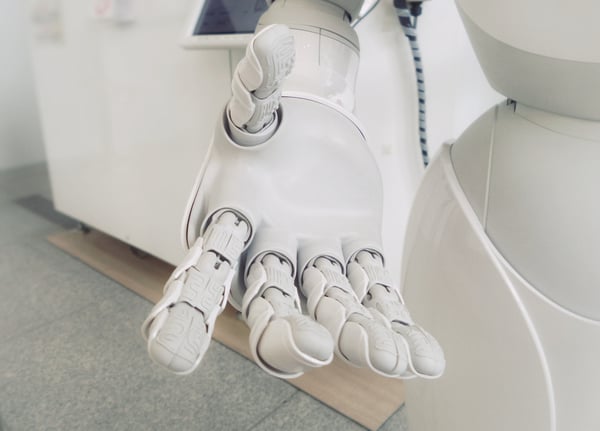 As humans, we love to anthropomorphize technology.
As humans, we love to anthropomorphize technology.
Every day, I go into my kitchen and I open the refrigerator door. I take out the milk, fill the coffee machine with water, and start to load it up with coffee.
Before long, a high pitched "beep, beep, beep" rings out across the kitchen.
I sigh and grumble "Okay, okay. Yeah, I know, stop complaining." The sound is the alarm on my refrigerator which tells me when the door has been open for too long.
I know that my refrigerator is an inanimate object. I know that it doesn't care whether the door is open or not — it has no ability to care. I even know, more or less, what circuitry is being used (most likely a 555 timer circuit). But, all this knowledge doesn't stop me from anthropomorphizing my refrigerator's incessant beeps as if they were the complaints of a nagging person.
As humans, we love to anthropomorphize technology; we love to ascribe human traits, personalities, and intentions to it. When it comes to robots, many teams give names to their new co-workers (e.g. Thelma and Louise at the Scott Fetzer Electrical Group).
You might think that naming a robot is harmless fun. But, it's actually a sign of something much deeper…
Would you give your robot a funeral?
A few years ago, a strange news story was reported about a US Military base in Iraq. It described the scene of a military funeral, where soldiers spoke fondly of their fallen fellow soldier.
What was strange about the story? The fallen soldier was a robot, a bomb disposal MARCbot called Boomer.
The team had become so attached to the robot that they wanted to give it a proper goodbye when it "died." They talked about its "personality," its acts of "heroism" and the many lives that it had "saved" on the battlefield.
Would you give your robotic co-worker a funeral when it reached the end of its working life?
You might think that your situation is very different from that of the US soldiers. "Okay," you might say, "that makes sense in a war zone, but I wouldn't develop an emotional bond with a robot in my business. Robots are just tools."
Think again. A recent article in the BBC explained that people become attached to their robot colleagues in many situations, not just in high-stress war zones. The article described how, in 2017, workers in the Canadian Broadcasting Corporation threw a retirement party for five mail robots, complete with cake, balloons, and an entertainingly cheesy farewell video.
Why we anthropomorphize robots
Why do we do this, even when we know, logically, that robots don't have feelings?
A 2007 study (with the wonderful title "Is That Car Smiling?") proposed three explanations for why we anthropomorphize nonhuman things:
- It comforts us by providing relationships and companionship — For example, I work from home. My adversarial relationship with my refrigerator is the only interaction I get on some days. Anthropomorphizing robots might reduce the fear that many people have by making robots feel more like friends than enemies.
- To make better sense of the world around us — Ascribing human traits makes us feel more familiar with those things that we know less about. Most people have very little experience with robots. They feel insecure because they don't have the technical knowledge required to understand them properly. Anthropomorphizing robots makes them seem less technological and less intimidating.
- "Making a bet" that the technology actually is human-like — When we don't understand an autonomous technology, we don't know how much it is able to perceive, understand, or do. Few people really understand the capabilities (and limitations) of robots so they are uncertain how many human traits they have. People may ascribe more human abilities to robots "just in case."
Once we have ascribed a human personality, emotions, and intentions to a robot, it's only natural that we want to give it a name.
The potential dangers of naming robots
Naming your robot might seem like harmless fun. In most cases, it is just harmless fun. However, there are some potential dangers associated with anthropomorphizing robots so much.
Problems appear when people ascribe too much autonomy to a robot and believe that it has more capabilities than it actually has. In a past article (titled Would You Trust Your Washing Machine in a Fire?) I described an experiment which showed how people would put themselves in mortal danger by following the instructions of a dumb, faulty robot, rather than using their own common sense.
It's okay to give a name and a personality to a robot, but only as long as you remember that it's just "a game." We need to make sure that we don't actually start to believe our own game and believe that the robot is more human than it is.
As roboticists, are we safe?
Myself, I am tempted to think that I am immune to the problems of anthropomorphizing technology. As a roboticist, I have a pretty good mental model of the capabilities of robots and Artificial Intelligences.
But, maybe I have lulled myself into a false sense of security. One article found that even experienced roboticists create emotional bonds with robots. Cynthia Breazeal — founder and director of the Personal Robots Group at the MIT Media Lab — has created many advanced, lifelike robots in her research. And yet, she "experienced what might be called a maternal connection to [the social robot] Kismet; she certainly describes a sense of connection with it as more than “mere” machine."
If an advanced roboticist like Breazeal is not immune to over-anthropomorphizing robots, what hope have the rest of us?
The solution: be realistic of a robot's capabilities
How can you ensure that your team doesn't ascribe too much autonomy to a robot when they give it a name?
Probably the best solution is to provide good training. Ensure that the team truly understands the capabilities and limitations of the robots. As long as everyone is realistic, it's okay to name the robot.
It's even okay to give the robot a retirement party when its job is done. After all, it's a good excuse for a party!
What names do you call your robots? Tell us in the comments below or join the discussion on LinkedIn, Twitter, Facebook or the DoF professional robotics community.
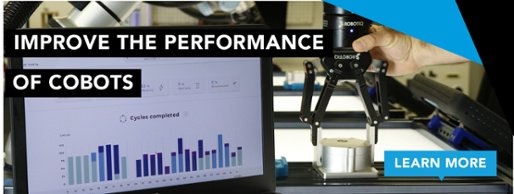


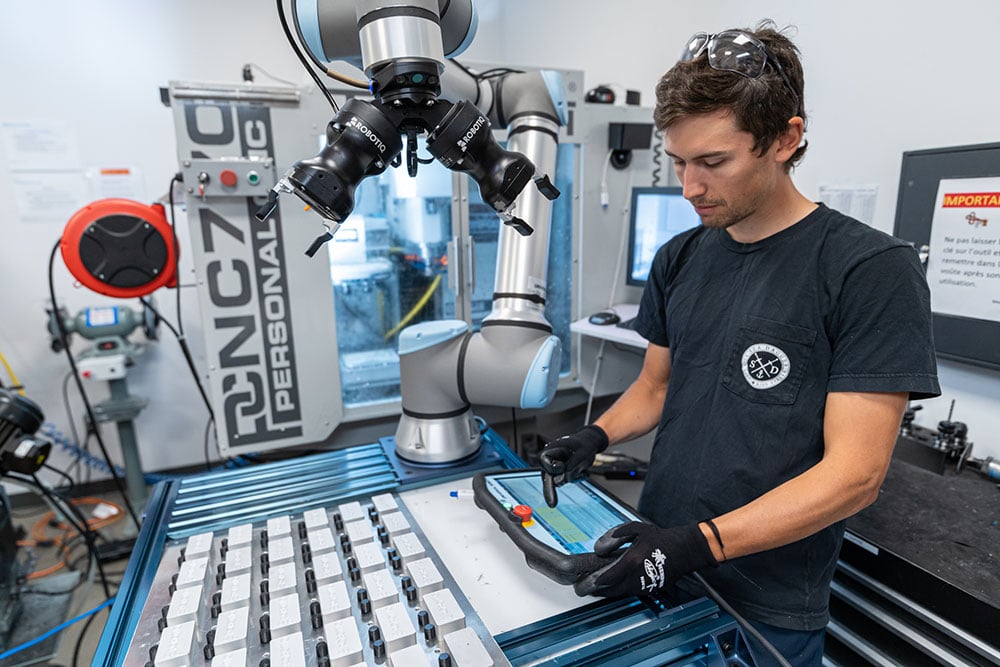
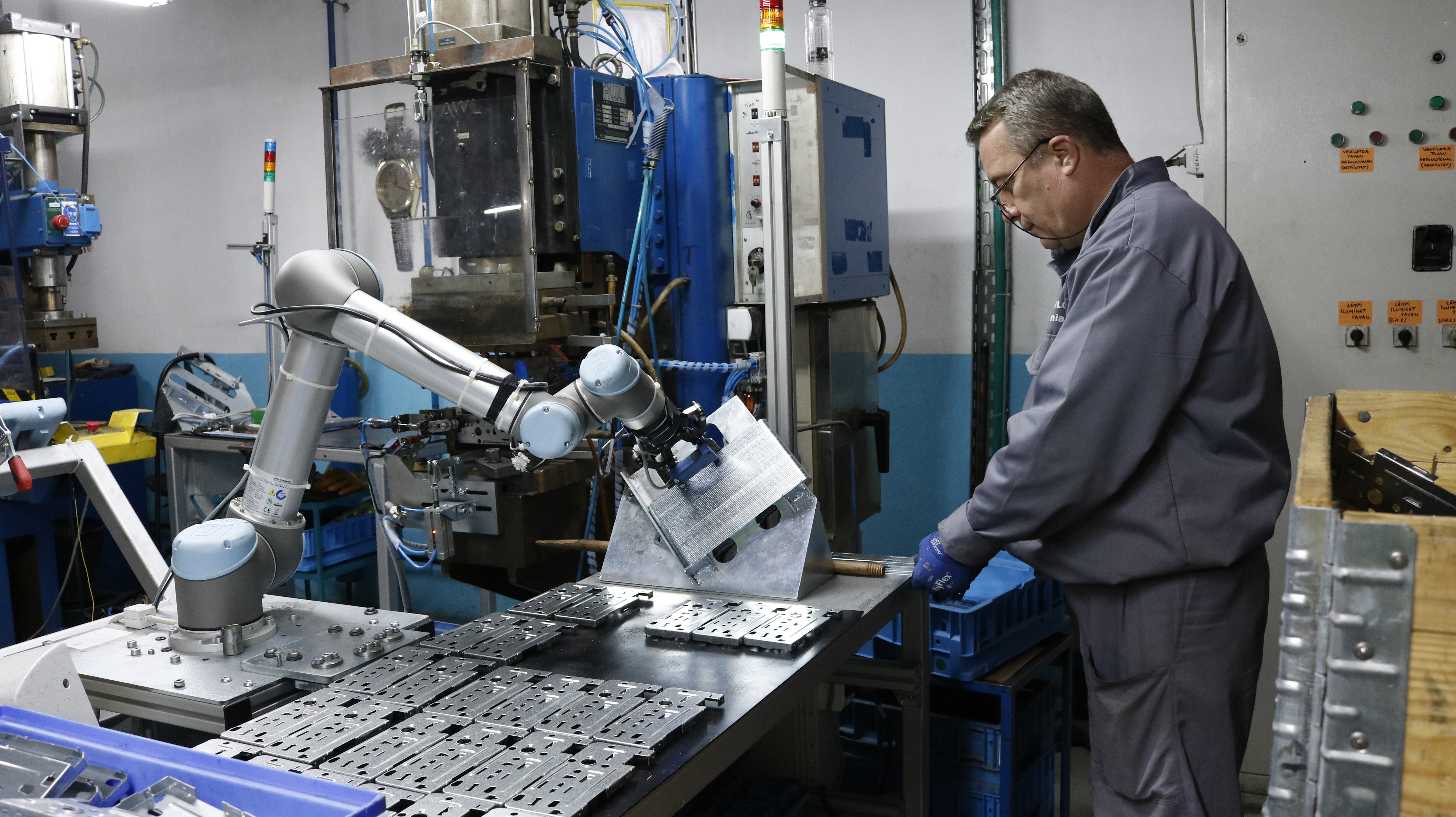
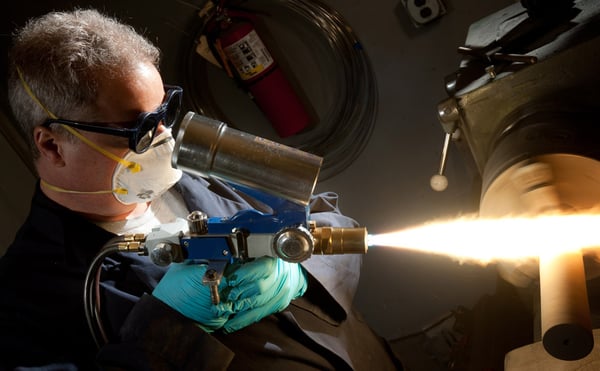

Leave a comment